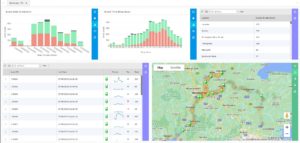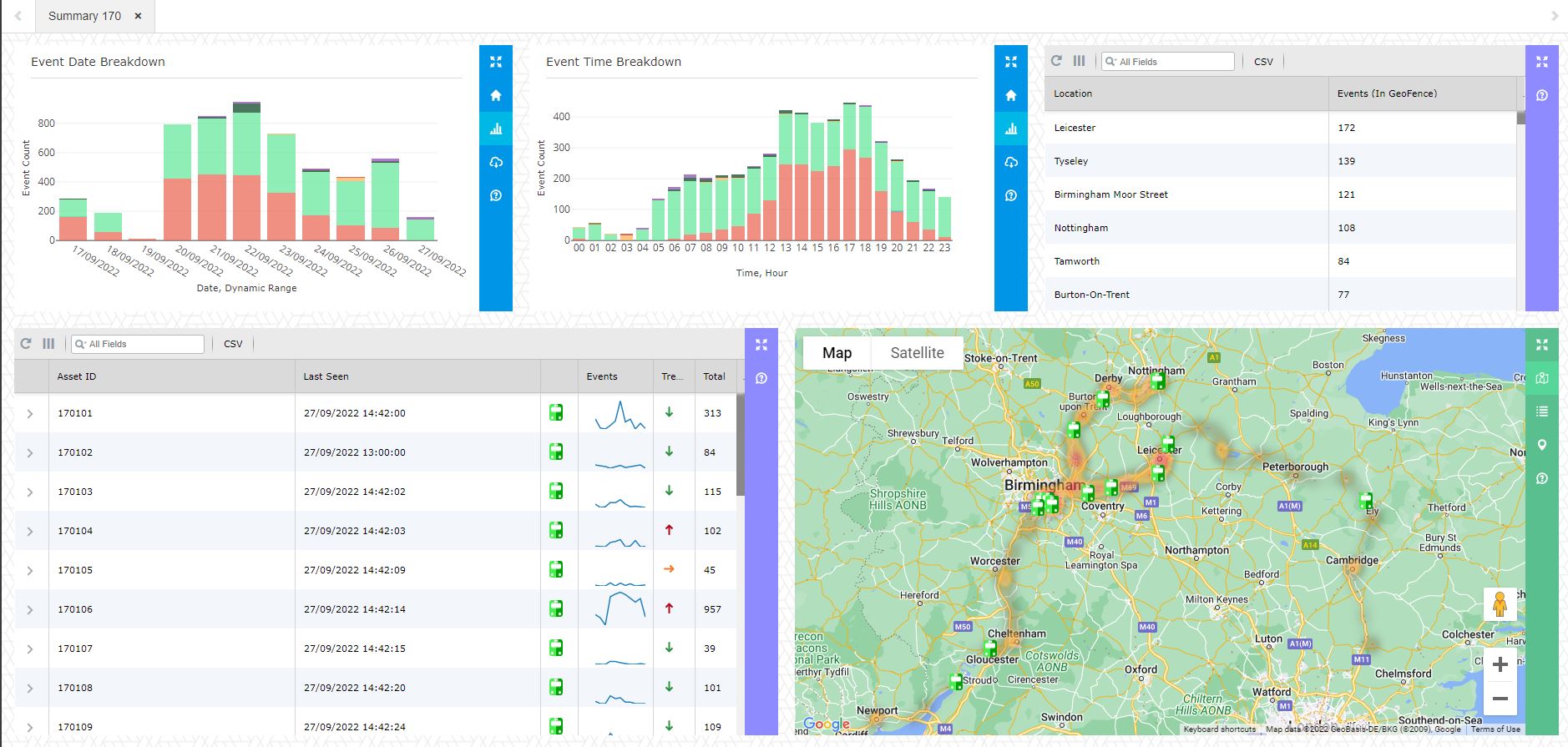Teaching an old train new tricks: harvesting the benefits of RCM


Relevant RTS critical priority(ies):
Reliable and easy to maintain; Data driven
In a lot of cases, the first notice we get of an impending rolling stock failure is when it is already too late. Delays, cancellations, disruption ensues causing headaches for TOCs and passengers alike as well as the substantial financial costs to all. As an industry though, we are slowly beginning to tip the balance from reactive to proactive interventions, boosting the reliability of our assets.
The rolling stock leasing company, Porterbrook, has embarked on a project to retrofit many of its Turbostar assets with Remote Condition Monitoring (RCM) technology. Porterbrook’s target was to improve reliability and reduce maintenance costs by maximising the ability to predict when interventions are required, rather than relying on reactive practices.
Porterbrook partnered with Instrumentel who were asked to design, install, and support a remote condition monitoring solution to provide several priority signals and extract the data required, correlate it with GPS data and turn it into actionable information that was required to move towards a more predictive form of maintenance for their fleet. Diagnostic hubs were installed on each vehicle which can capture 82 signals across the engine, transmission, hydrostatic and air systems.
Having access to real time data has provided insight into how systems are performing whilst units are operating in service. Using data science, signals can be interrogated to monitor for subtle changes in behaviour, the early signs of component degradation. At which point the technology can rapidly inform maintenance teams and engineering staff that action is required.
Interrogation of the data has led to the development of events relating to air leaks, low charge air pressure as well as cooler group defects, as examples. These are all key areas which can indicate the health of Turbostar powerpacks. Some events can detect changes in duty cycles months in advance of potential failures. Having this knowledge allows operational teams to better plan maintenance activities, minimising disruption, and the subsequent financial penalties.
As the project continues to develop, the technology provides the opportunity to also optimise regular planned maintenance activities. These are currently time or mileage based depending on the Operator. With RCM, the potential exists to move to condition-based maintenance (CBM) regimes, reducing fleet downtime and the risk of over maintaining assets.





